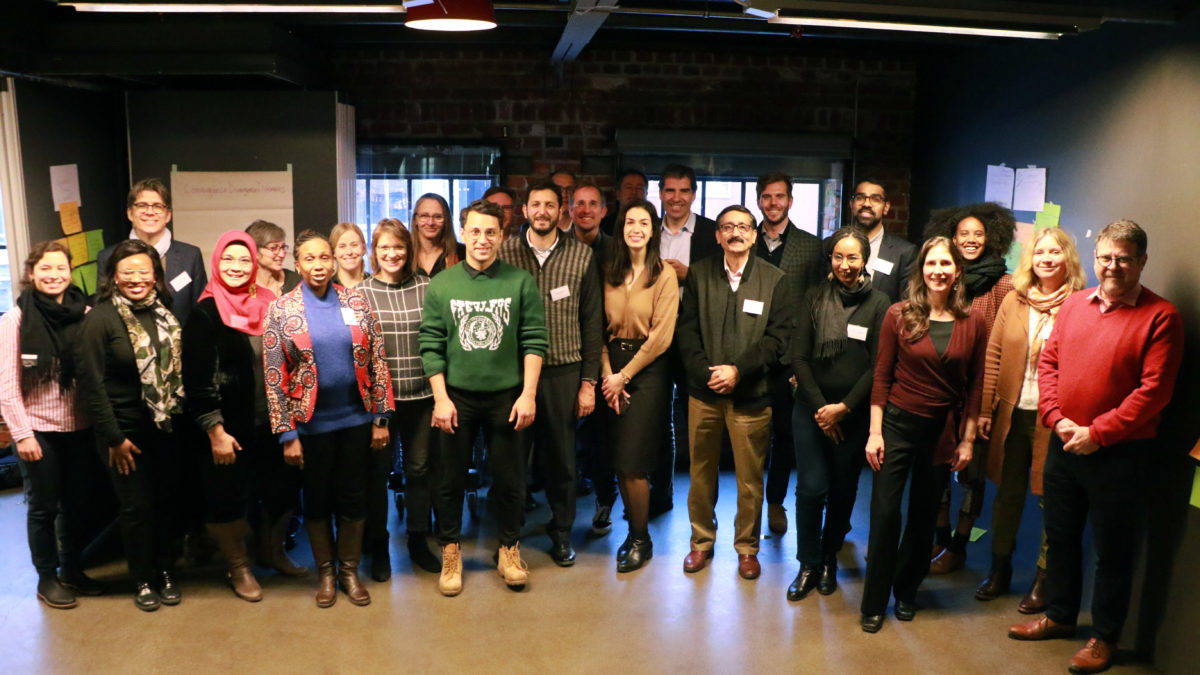
Children Eating Well (CHEW) is a partnership between EAT and UNICEF aiming to transform food systems to protect and promote the right of children and adolescents to nutritious, safe and affordable diets within planetary boundaries. In March, EAT and UNICEF convened 29 distinguished experts in nutrition, health, agriculture, sustainability and youth mobilization from across the globe for interactive planning and dialog to bring the program to life.
What is CHEW?
The CHEW program dates back to 2017 and was formalized by the signing of a letter of collaboration between EAT and UNICEF in late 2019. Over the years, EAT and UNICEF have elevated linkages between food systems and children through a range of engagements, including an initial meeting at the Rockefeller Foundation Bellagio Center in 2017, the UNICEF Innocenti meeting on Food Systems for Children and Adolescents in 2018, and various side events and consultations at among others EAT Stockholm Food Forum and the UNICEF Child Friendly Cities Summit. A joint policy brief on making urban food environments fit for children was also published last year. Through CHEW, both organizations are committed to evidence-based advocacy and thought leadership to improve healthy and sustainable food environments for children and youth.
“Food systems are failing children”, said Dr Roland Kupka, UNICEF Senior Nutrition Adviser. “They are driving children to eat unhealthy, unsustainable diets, resulting in long-term harm to their health and well-being. Transforming food systems and ensuring a child’s right to good nutrition and a sustainable future must be our top priority.”.
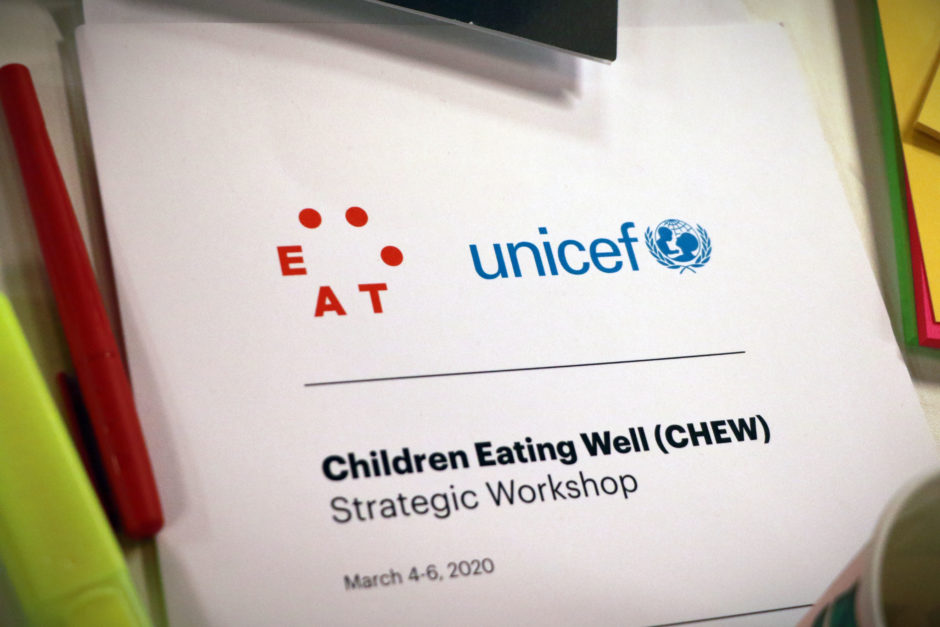
Relevance of the agenda: more important now than ever
Transforming food systems and ensuring a child’s right to good nutrition and a sustainable future must be our top priority.Roland Kupka, UNICEF Senior Nutrition Advisor
Children and adolescents worldwide are increasingly facing a triple burden of malnutrition, including undernutrition, micronutrient deficiencies and overweight and obesity. The food systems that enable these global diet trends are failing to support the healthy growth and development of children and youth and at the same time, are driving environmental degradation and climate change. The COVID-19 pandemic has also caused unprecedented disruptions to the food supply chain and demonstrated the urgent need for resilient, inclusive and sustainable food systems, particularly for the most vulnerable. According to a recent report by the World Food Programme, the COVID-19 pandemic could double the number of people suffering from acute hunger, to a staggering 265 million by the end of 2020. Children are equally, if not more, susceptible to these vulnerabilities, given the mass closure of schools and lack of access to school meals. Now more than ever, securing children’s right to nutritious, sustainable and safe food must be fulfilled, and both EAT and UNICEF are committed to supporting this agenda.
“We have a window of opportunity to ensure the needs and priorities of children and young people are positioned centrally in our collective work transforming food systems. This workshop sharpened our understanding and priorities as we initiate integrated actions and build momentum towards the UN Food Systems Summit and beyond” remarked Dr Sudhvir Singh, EAT Director of Knowledge and Programs.
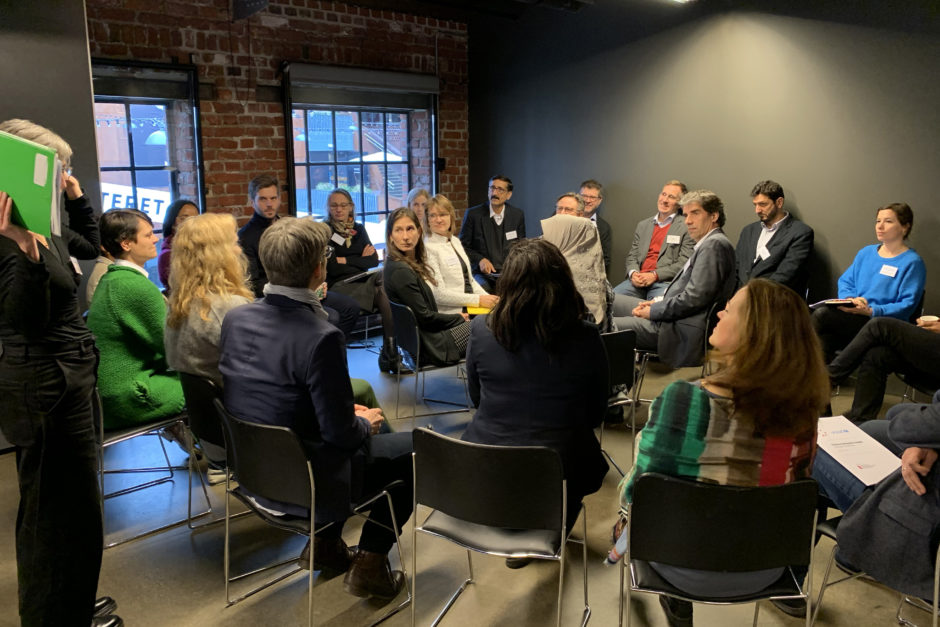
Workshop highlights and outcomes
Over three days, the CHEW strategic workshop helped achieve a better understanding of the scope, ambition and urgency required to ensure healthy diets for children and adolescents within environmental limits, and identified opportunities to leverage policies, programs and engagements in different contexts. The workshop participants also recognized the central and active role that children, adolescents and youth can play in this agenda and identified opportunities for involvement.
Building on the recommendations from the EAT-Lancet Commission, UNICEF’s State of the World’s Children (SOWC) report published in 2019 and other key publications and initiatives, EAT and UNICEF aimed for this workshop to support the understanding and development of fully integrated, food system-based approaches for children and young people at country and city level. Recognizing the role of various actors in this process, the participants were representative of the global south and global north, and included technical experts on food systems, child health and program delivery, policymakers, practitioners, representatives of key development and multilateral agencies, and youth organizations.
…we need to remember that young people themselves are important actors and changemakers in this agenda.Elin Bergstrøm, EAT Senior Implementation Officer
Throughout the workshop, participants unpacked the complexity and different dimensions of healthy and sustainable diets for children and youth. Through several targeted discussions and informed by expert presentations and panel debates, the group identified three key opportunity areas for action: public policy, affordability, and multi-sectoral, multi-scale collaboration. Public policy is crucial in shaping healthy and sustainable food environments for children, while affordability of adequate, safe, and nutritious foods is a key indicator of healthy growth and development. As for multi-sectoral, multi-scale collaboration, ensuring a healthy and sustainable food future for children and youth requires coordinated, systems-level action, with the mobilization of expertise, resources and networks across multiple sectors and scales.
“Building on the growing youth movement around climate change, we need to remember that young people themselves are important actors and changemakers in this agenda. Exploring how we can bring youth with us to demand food systems transformation will be key going forward,” says EAT’s Senior Policy Officer, Elin Bergstrøm.
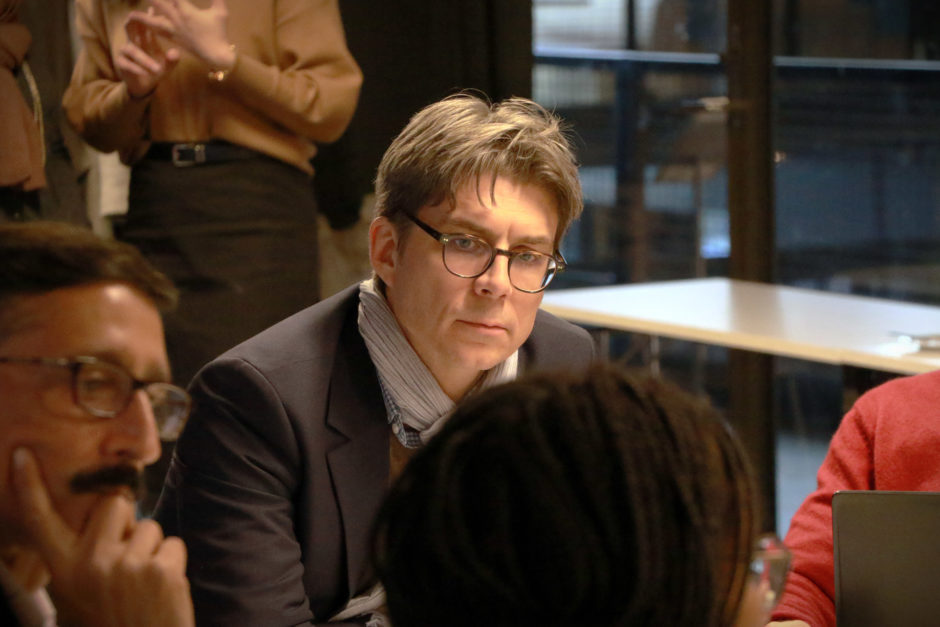
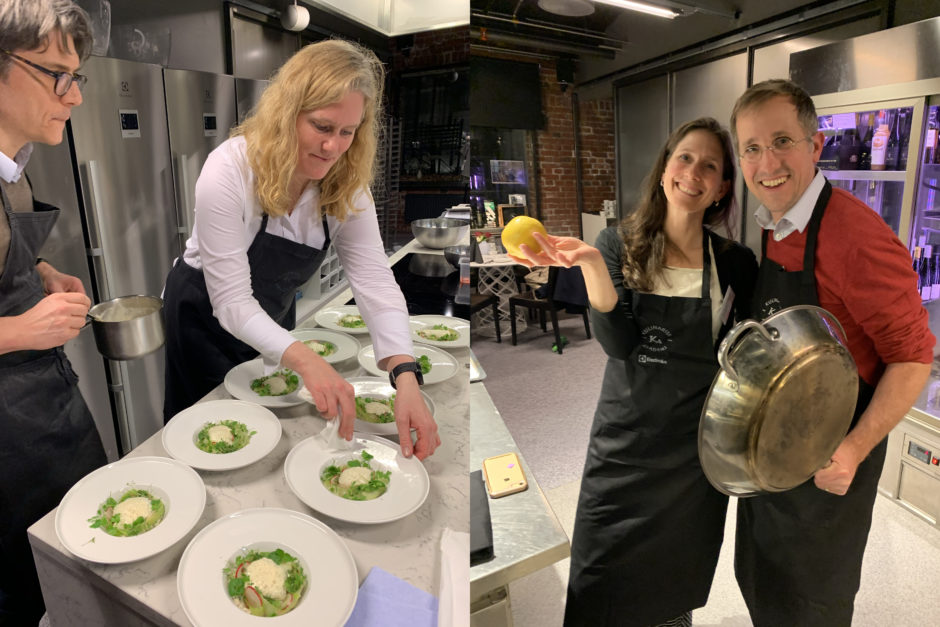

Next steps
EAT, UNICEF and workshop participants will advance this agenda through relevant research, advocacy and policy opportunities highlighted in the workshop. For example, the policies and affordability framework discussed at the workshop will now feed in to the Food Systems Economics Commission. Parallel efforts will be made to develop and execute a research agenda to help address outstanding research questions identified by the participants and initiate opportunities to engage youth on this agenda. Various engagement, consultation and dissemination opportunities will also be carried out, including ensuring young people have a voice at the upcoming UN Food Systems Summit in 2021.
“This workshop has allowed us to take a fresh look at how to put children at the center of efforts to transform food systems. This will be invaluable as we move forward to design policies and programmes for a healthy, sustainable future,” remarked Jo Jewell, UNICEF Nutrition Specialist.
Both organizations look forward to building on the workshop to advance their common goal of children eating well and make healthier and sustainable food systems a reality for this and future generation’s children and youth.
![]()
EAT and UNICEF would like to thank the generous sponsors, without whom this workshop would not have been possible: Children’s Investment Fund Foundation and the Government of Norway.
A special thank you as well to the participating organizations: AUDA-NEPAD, Consultative Group on International Agricultural Research, Global Alliance for Improved Nutrition, Harvard University, Johns Hopkins University, Karolinska Institutet, Norwegian Agency for Development Cooperation, Norwegian Ministry of Foreign Affairs, Pakistan Ministry of Health, Save the Children Sweden, Stockholm Resilience Centre, Tanzania Food and Nutrition Centre, UNICEF Tanzania, University of Indonesia, University of Montpellier and World Food Programme.
Disclaimer: The CHEW strategic workshop took place in Oslo prior to the implementation of COVID-19-related measures regarding social distancing and public gatherings, based on guidance from the World Health Organization and the Government of Norway.